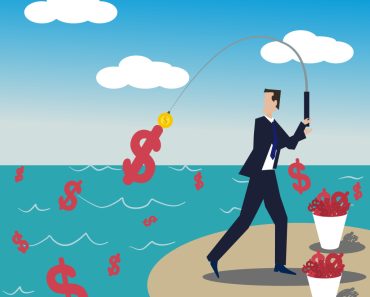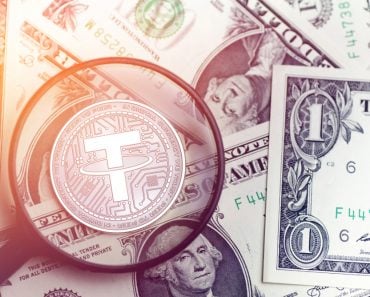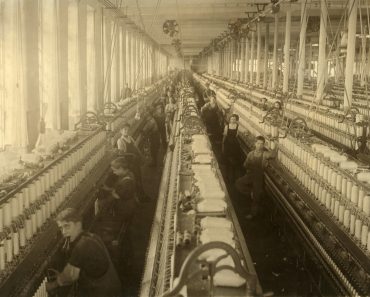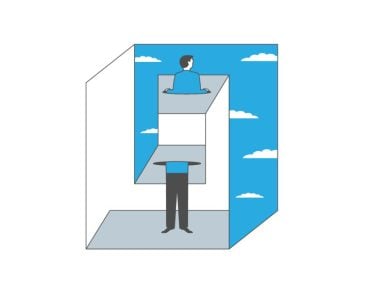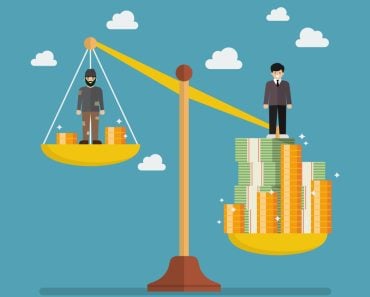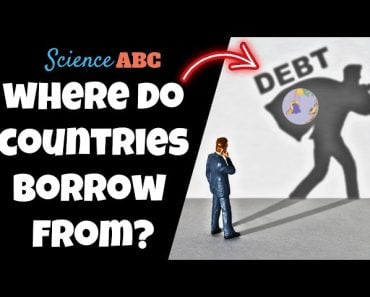Table of Contents (click to expand)
The existence of black markets may not necessarily be harmful to an economy, as they can serve as safety valves during economic crises, enable access to goods and services in restrictive environments, and foster innovation. Governments in many countries are coming up with possible ways to formalize these sectors.
Black markets are also known as shadow markets or underground markets, hidden economies, and unreported markets. While it is complicated to estimate the actual size of a given black market, they still make up a significant portion of an economy’s GDP. For developing economies, it can be as large as 36% of their GDP, and for developed countries, it can be around 13% of their GDP, as per the St.Louis Federal Department estimates computed in 2015.
For effective gains from monetary and fiscal policy, it is essential to capture the size of this economy. Economists have employed a variety of proxy variables to arrive at the estimated size of the black economy. Moreover, there is no formal definition of black money in literature or economic theory.
When we hear the term black markets, we often think of illegal goods and services being transacted in a market. Examples of this include counterfeit goods (designer knockoffs), drugs, weapons, human organs or prostitution, and exotic wildlife trading; all of these are smuggled across geographic borders and become part of the black economy trade. However, this term also refers to how a settlement for any good or service is made.
A good example is purchasing a burger from a street vendor, rather than a Wendy’s. The local vendor would accept cash payment and pays little to no tax. This transaction would also fall under the ambit of black markets.
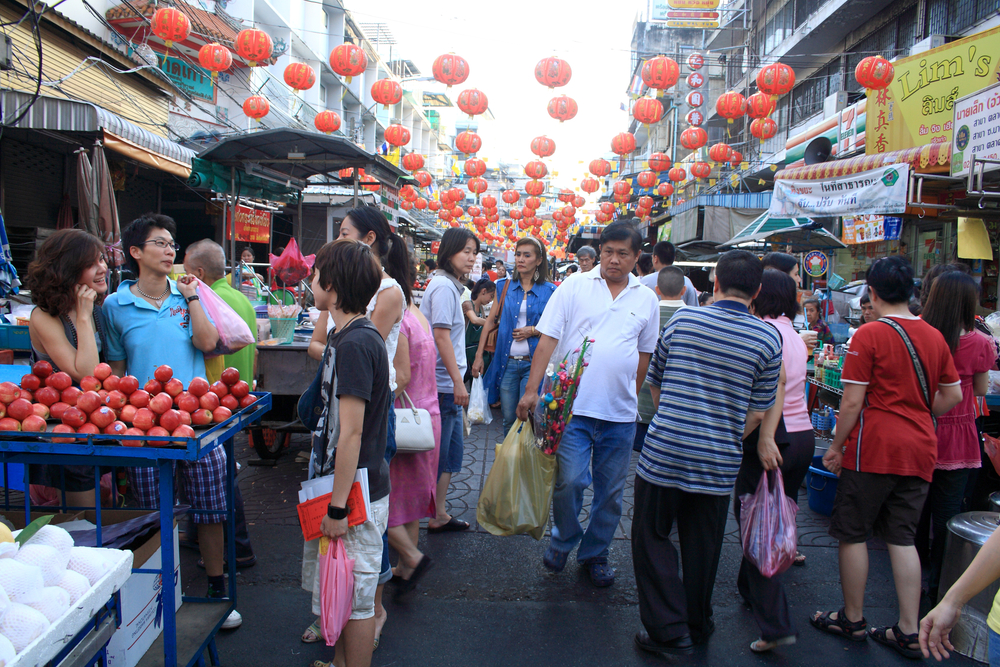
Therefore, black markets do not necessarily refer to illegal goods and services transacted, but more broadly relate to how a transaction is settled. Hence, a legal good or service can also become a part of the black market if the income earner does not produce a declaration and/or comply with the liable taxation laws of the public exchequer.
If black markets can include legal goods, it becomes pertinent to understand how a black market evolves, as any good today can become a part of the black market tomorrow.
Recommended Video for you:
How Are Black Markets Created?
Black money is generated from various sources. Moreover, even the extent of this generation varies from sector to sector. Some sectors are more vulnerable than others. For example, real estate, luxury goods, bullion and jewelry markets to name a few, often attract black money easier than others. In all these examples, black money is prevalent due to the large sums of money involved and the potential for cash transactions by underreporting values; avenues for money laundering exist widely.
Another avenue is counterfeiting; the amount of counterfeit goods sold across the globe make counterfeiting the tenth largest economy on the planet. Since these are copies of an original, they are sold through informal channels, making it easier to evade taxes. Since they are sold through informal channels, they do not have to adhere to any standards or comply with any taxes. This leads to the generation of black money.
Apart from these two sources, government intervention can also lead to the creation of black markets. We often think of laws as a panacea for price fluctuation, especially in the case of necessities. However, price caps imposed by governments during periods of inflation often lead to the hoarding of goods by sellers. Hoarding creates artificial scarcity in the market, thereby driving prices up even further.
Since there is consistent demand for necessities, sellers channel these goods to black markets, where they charge prices higher than the caps imposed by the government. The income earned from this approach is also not recorded in the official accounts and becomes a part of the black economy.
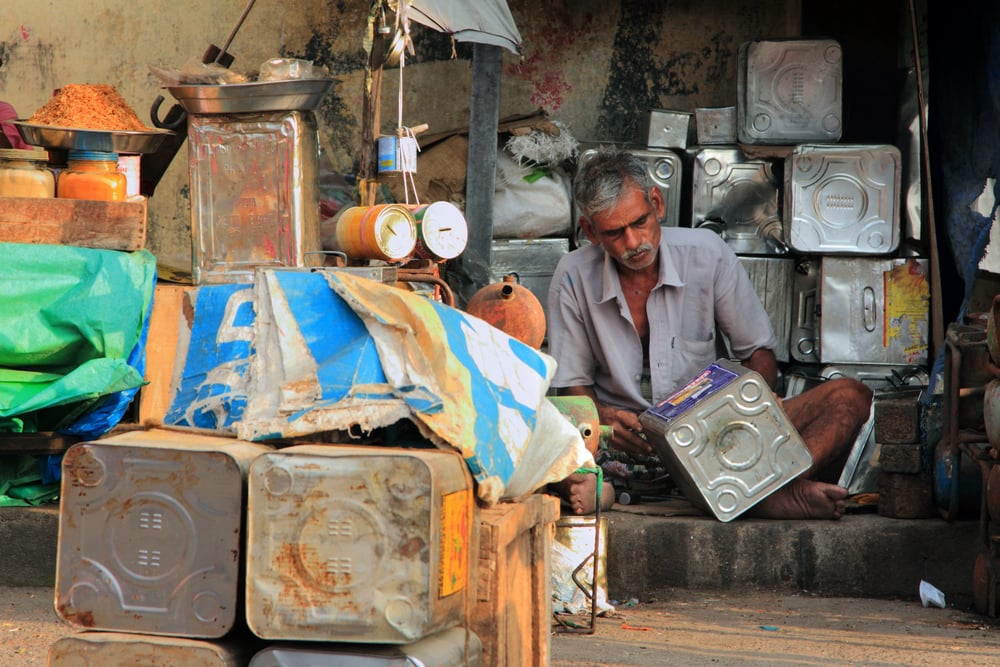
The above instance highlights that black money can be generated from perfectly legal goods! Crime, smuggling, counterfeiting, leakage from government spending programs, and offenses like bribery and kidnapping are certainly not the only sources of black money. As long as demand exists, markets can be intentionally distorted by cutting off the supply of goods to create a spike in prices, or an existing price drop can be distorted by creating supply shortages.
Governments therefore play an extremely critical role in monitoring prices in the economy. A well-intentioned intervention may be disastrous if all of its implications are not foreseen in their entirety. Additionally, manipulation of tax accounts is widely prevalent among taxpayers to reduce their burden of personal taxation.
Governments also need to ensure that incentives for compliance are not distorted in a self-defeating manner. Despite all said measures, generating money from these channels is generally attractive, as it reduces overall costs and enables quicker turnover due to robust informal distributional channels.
What Is The Impact Of The Black Economy?
Given that there is no standard definition of black money in economic literature, estimates arrived at by various scholars are reached through a variety of methods. Every method yields a different result, and none of these estimates arrive at the same answer. In other words, there is no standard method for measuring the black economy. The impact can only therefore be an estimate arrived at using proxy variables. For example, one study examines this impact by studying electricity consumption patterns.
Income generated in the black economy leads to significant losses to the public exchequer on account of tax revenue losses. This further snowballs into ineffective macroeconomic policies and a lower quality of public goods, as the tax burden falls on a smaller population for the upkeep of the economy.
Since the size of the black economy also varies from country to country, it becomes difficult for governments to collect accurate data on unemployment, social transfers, and per capita income, among other lacking metrics. This deteriorates the quality of government interventions. Over a period of time, this can become self-defeating, as poor intervention quality will further worsen socioeconomic indicators, and further force people to participate in informal markets.
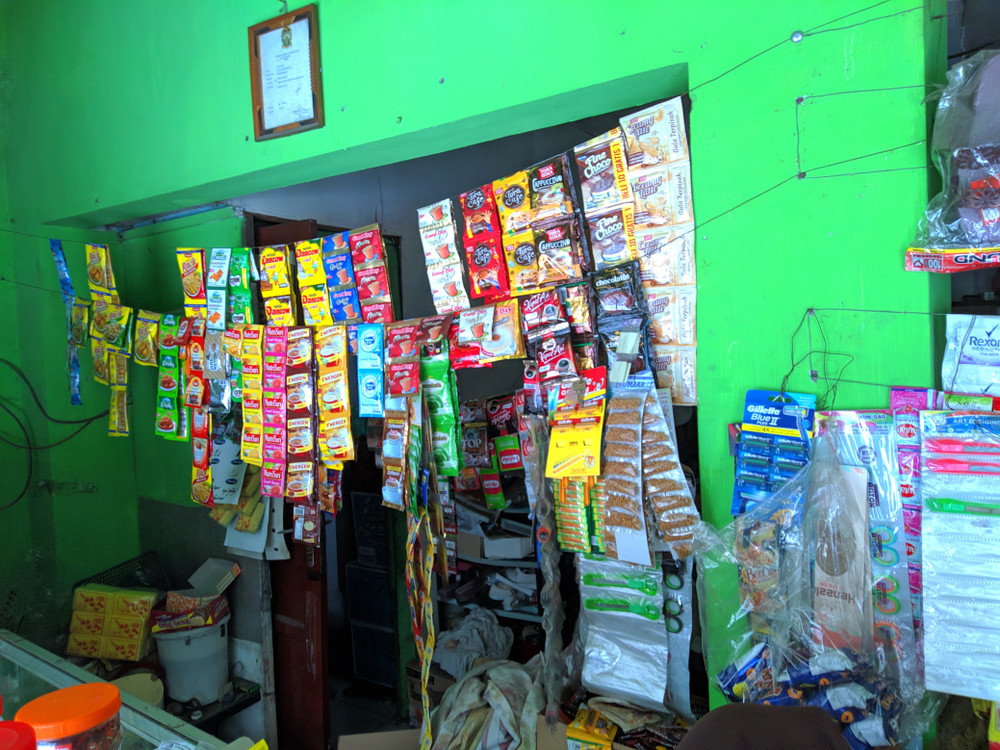
While on the one hand, it seems like the black economy leeches onto the organized economy, it also has its share of benefits. The black economy does not just include criminals. It includes people working in informal or unorganized sectors of the economy.
Although the income they earn is not reported or declared publicly, it allows them to stay afloat and, somewhere, it reduces the burden of social transfers that would otherwise be required. It acts as a safety net for individuals to earn a living. For consumers in lower-income brackets, it provides them with cheaper alternatives due to the absence of taxation.
This allows them to rely on their incomes, rather than depending on handouts or doles given by the governments. As an example, for someone to become a licensed plumber in the USA, there are significant costs associated with licensing. Had there been no black markets for this work, these individuals might have to live off food stamps. Through informal markets, they are still able to do plumbing work and thereby earn a living.
Although economically, a non-licensed plumber is the same as a counterfeit goods seller, as both don’t pay any taxes or report their incomes, it is important to recognize the differential impact of their operations on the economy. Their effects are not the same. Therefore, while black markets do come with a cost to any economy, their benefits cannot be overlooked.
The benefit of black markets have also been accepted over time, considering the time it takes to implement stringent laws for monitoring income in the economy, especially in the context of developing nations.

